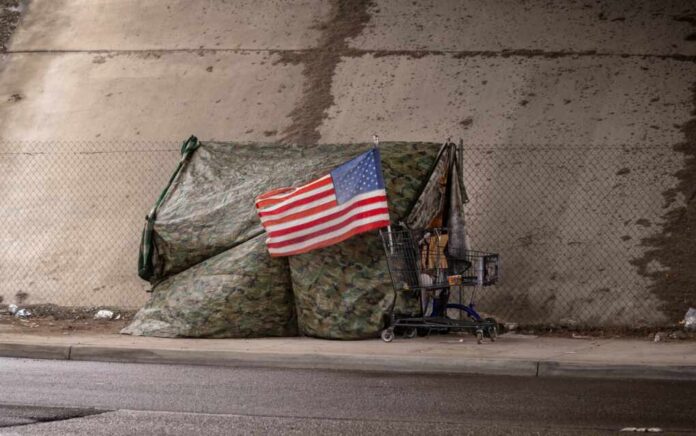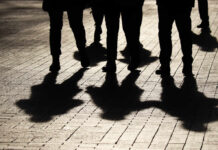
California Gov. Gavin Newsom has endorsed a Supreme Court decision allowing cities to ban homeless people from sleeping in public spaces, a move that has drawn ire from homeless advocates. The 6-3 ruling, which reversed a previous lower court decision, permits cities to enforce prohibitions on public camping and sleeping.
Justice Neil Gorsuch, writing for the majority, acknowledged the multifaceted nature of homelessness and the variety of potential policy responses. “Homelessness is complex. Its causes are many. So may be the public policy responses required to address it,” he wrote. “A handful of federal judges cannot begin to ‘match’ the collective wisdom the American people possess in deciding ‘how best to handle’ a pressing social question like homelessness.”
In her dissent, Justice Sonia Sotomayor argued that penalizing individuals for sleeping outside when they have no other options is inhumane and unconstitutional. “Sleep is a biological necessity, not a crime,” she asserted, calling some city measures against the homeless “unconscionable and unconstitutional.”
The National Homeless Law Center expressed deep disappointment, stating, “In a profoundly disappointing ruling, the U.S. Supreme Court today decided that the US Constitution does not protect homeless people against cruel and unusual punishment, even when they have no choice to sleep in public using things like blankets or pillows.” They warned that the decision would worsen the homeless crisis, arguing that criminalizing survival behaviors is “expensive, counterproductive, and cruel.”
Newsom, however, praised the decision for providing clear authority to manage public spaces and address unsafe homeless encampments. “Today’s Supreme Court ruling in Grants Pass provides state and local officials the definitive authority to implement and enforce policies to clear unsafe homeless encampments and helps us deliver common-sense measures to protect the safety and well-being of our communities,” he wrote on social media.
San Francisco Mayor London Breed echoed Newsom’s sentiments, suggesting the ruling would enable more decisive action against encampments. In contrast, Los Angeles Mayor Karen Bass criticized the decision, arguing that it encourages cities to attempt to “arrest their way out of this problem or hide the homelessness crisis in neighboring cities or in jail.”
This ruling highlights a significant divide between governmental approaches and advocacy positions on homelessness. While some see it as a means to maintain public safety and order, others view it as a detrimental policy that will further alienate and penalize the homeless population.

























